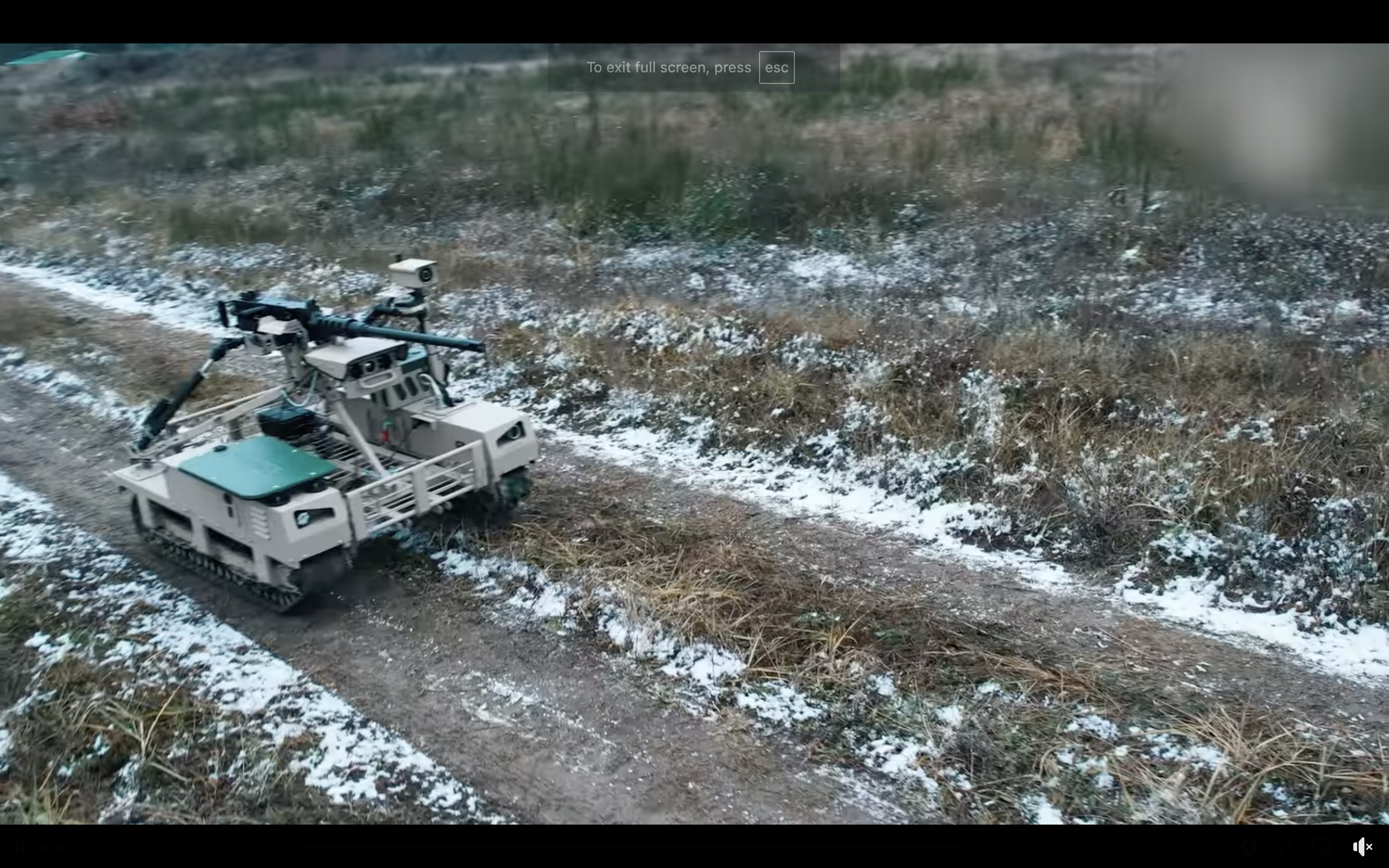Companies seeking insurance for operations in Russia have seen a sharp increase in the insurance rates for commercial entities and reductions in liability limits because of Ukrainian drone attacks, Moscow’s state news agency Kommersant reported on Thursday.
According to its reporting, some companies operating in Russia can’t obtain any coverage, particularly in the regions bordering Ukraine, where the risks are high enough that more and more insurance companies will not issue protective policies.
JOIN US ON TELEGRAM
Follow our coverage of the war on the @Kyivpost_official.
Kommersant, citing Sergei Khudyakov, co-owner of the Russian insurance broker Mainsgroup, says that drone strikes are now categorized as terrorist attacks and sharp increases in rates, with the level governed by the nature of the facility and its location.
Anton Meltsov, founder of the company Insurance Broker AMsec24 says that rates for warehouse facilities have increased sevenfold while, unsurprisingly, they have increased by as much as 70 times for oil refineries and 120 times for industrial enterprises.
Spokespersons for the Sovcombank and Soglasie insurance companies say tariffs have risen and will continue to rise in line with the increased number and frequency of attacks.
An expert from Soglasie said between February 2022 and August 2023, regional authorities reported around 500 drone attacks while, according to Russia’s Ministry of Defense, over 150 drones were destroyed over Russian territory on the night of Sept. 1 alone.

Ukraine’s Restoration Agency Chief on Post-War Regional Business Recovery
As well as increasing rates insurers are reducing liability limits paid out by policies for insurance against terrorist acts and sabotage. According to independent expert Andrey Barkhota, in parallel to multiple increases in insurance tariffs, liability limits may be halved compared with earlier policies and a reduction from the previous maximum payout of 80 percent of the assessed value of the property to, in some cases only 50 percent.
Barkhota said that despite the rise in prices and the reduction in insurance coverage, the demand for protection against such risks is growing.
In 2024, some insurance companies said that half of the policy requests include coverage against “terrorist” attacks. Some estimates show that the demand for protection against the so-called terrorist attacks and sabotage among corporate clients has increased by 40 percent compared with 2023 which had already seen increased demands from the previous year.
Barkhota estimates the value of policies has reached as much as 25 billion rubles ($276 million).
As with most insurance policies, Russian underwriters include extensive and detailed exclusion causes in their risk of “terrorism” insurance policies.
Pavel Kurlat, partner at the law firm Pervaya Yuridicheskaya Set, said that classifying damage caused by a drone or missile strike is critical in agreeing to any compensation. He said it should be straightforward in the Belgorod, Bryansk, and Kursk regions where a counter-terrorism operation regime was declared in early August.
Kurlat points out that if an attack is declared as a “terrorist” or “sabotage” attack in line with the relevant articles of the Criminal Code of the Russian Federation then the claim against a policy that covers damage caused by acts of terrorism and sabotage will be upheld. If it is declared as an act of “…intentional destruction or damage to property,” then formally the insurance event for the risk of “terrorism” will not be recognized.
You can also highlight the text and press Ctrl + Enter






